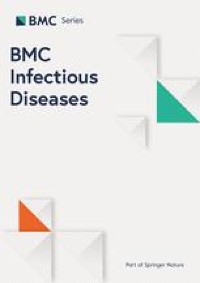impf-info.de
Masern-Impfung: frühe erste Impfung verringert Schutzwirkung kurz- und langfristig
Eine systematische Meta-Analyse bestätigt Befürchtungen, dass der (auch in D) empfohlene frühe Impfzeitpunkt (vor dem ersten Geburtstag) für die erste Masernimpfung (MCV1) deren Wirksamkeit kurz- und langfristig kompromittiert:
- zum einen bilden von vorneherein weniger Kinder schützende Antikörper gegen Masern
- zum zweiten zeigen auch epidemiologische Daten, dass der entstandene Schutz selbst nach einer zweiten Impfung schlechter bleibt.
Dies bestätigt Daten u.a. aus der KiGGS-Studie des RKI schon vor mehr als 10 Jahren, die genau dies schon damals zeigten: ein nicht mehr korrigierbarer, quantitativ und qualitativ schlechterer Masernschutz durch eine frühe erste Masernimpfung (die durch das deutsche Masernschutzgesetz für Kinder, die zum ersten Geburtstag eine Gemeinschaftsbetreuung besuchen sollen, gesetzlich vorgeschrieben ist).
Eine ausführliche Darstellung dieses Problems finden Sie hier.

Effect of age at vaccination on the measles vaccine effectiveness and immunogenicity: systematic review and meta-analysis | BMC Infectious Diseases | Full Text
By accepting you will be accessing a service provided by a third-party external to https://impf-info.de/

